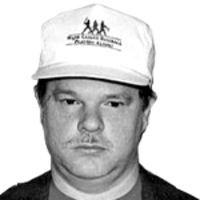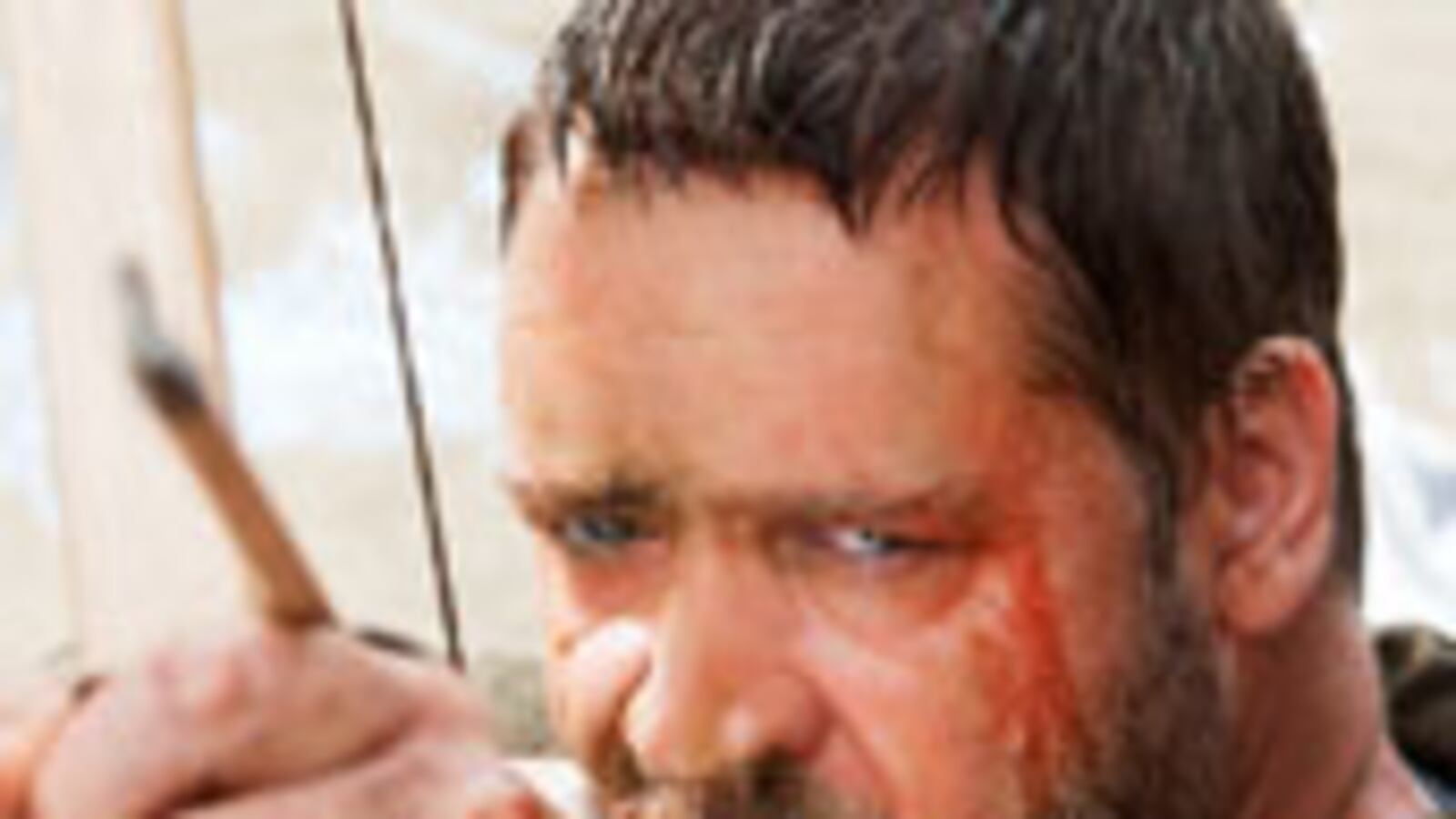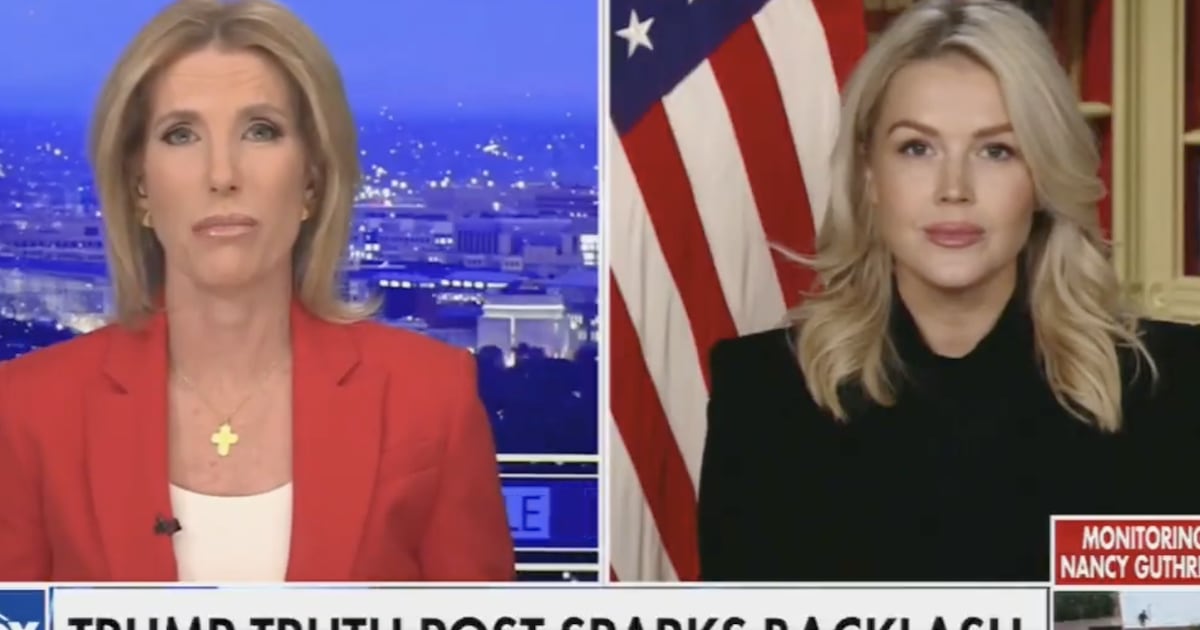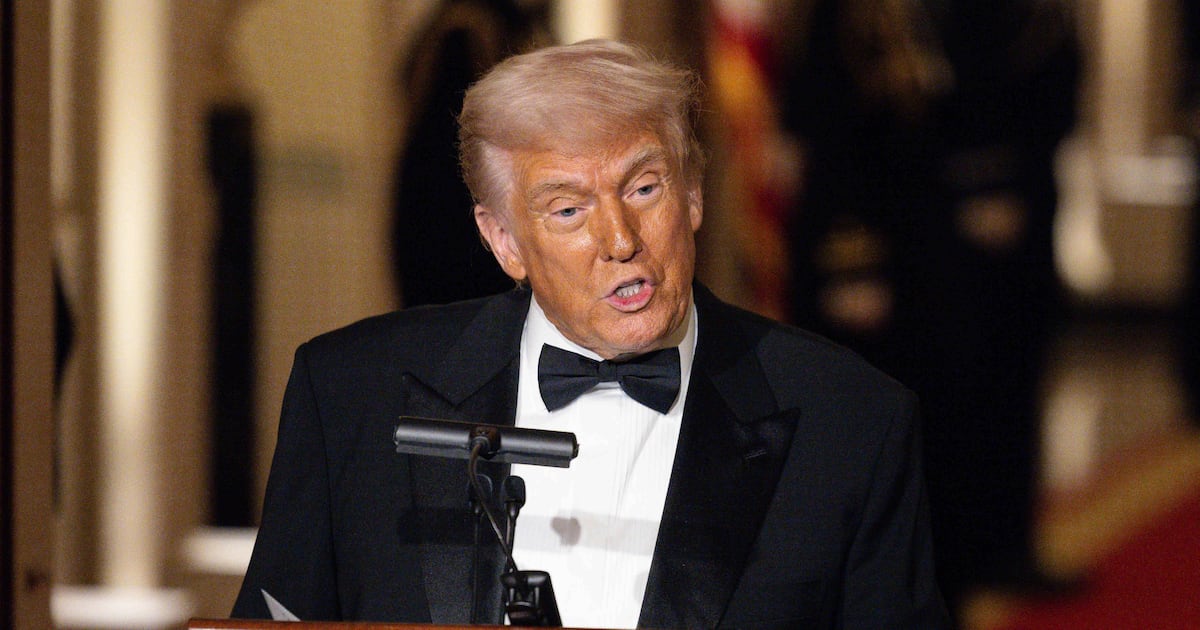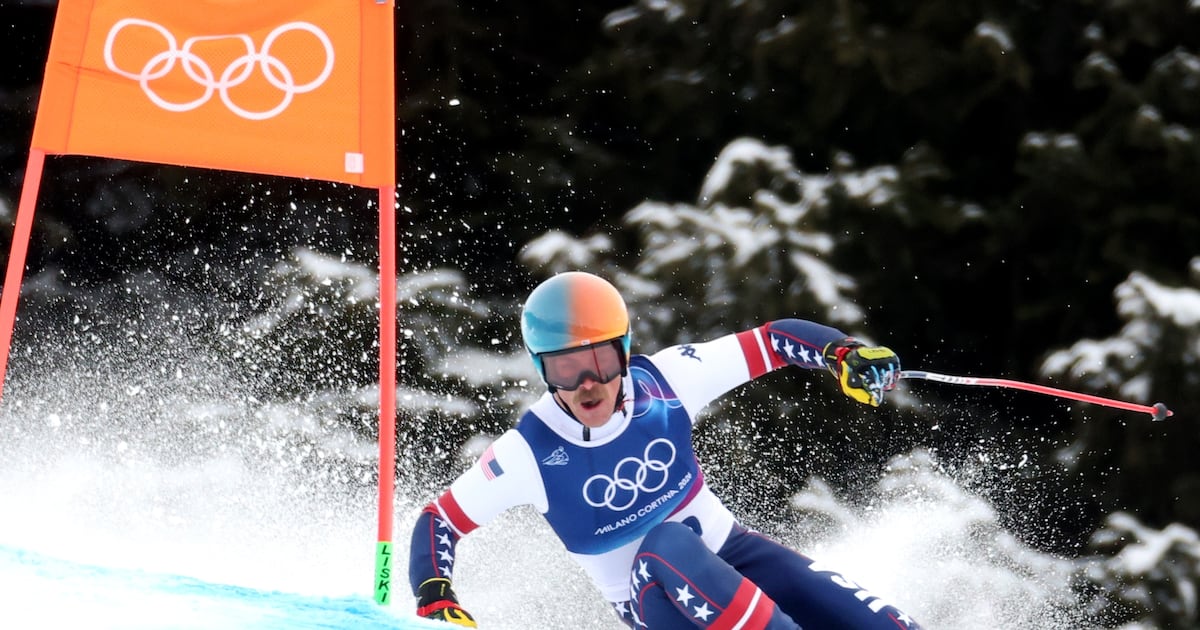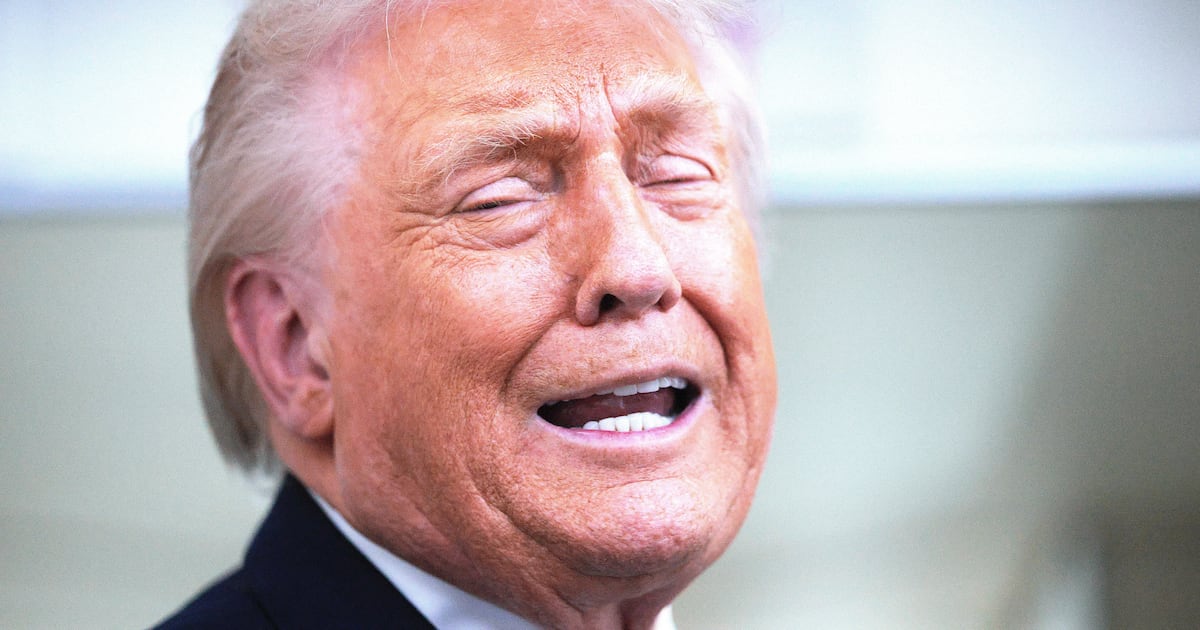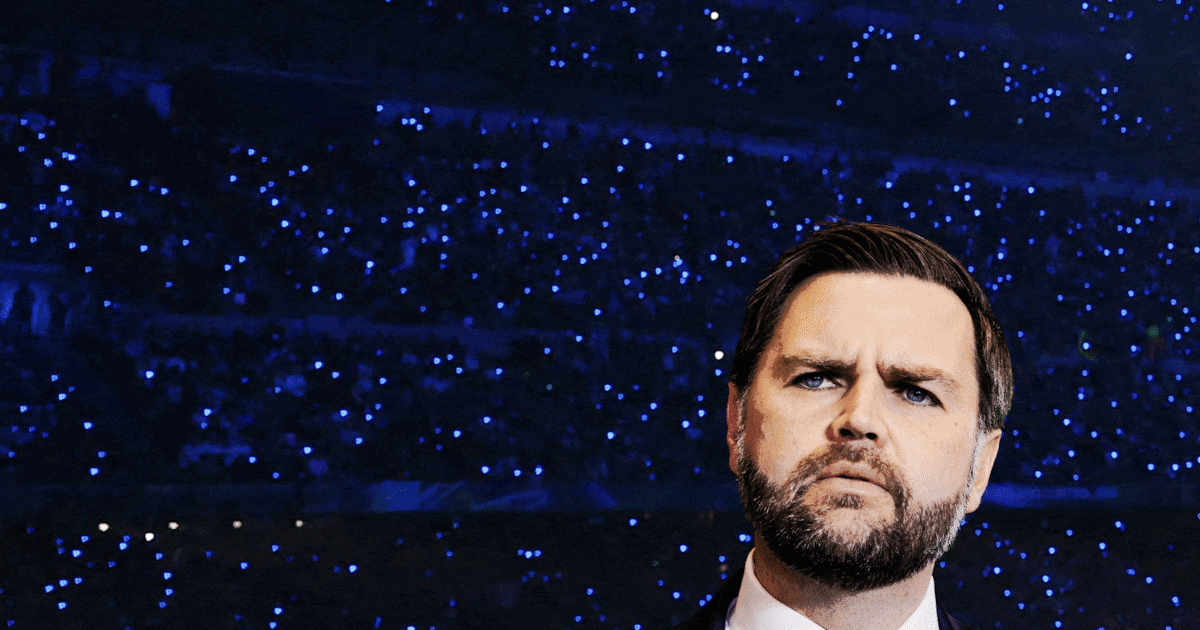
“A myth,” wrote everyone’s favorite sixth-century scholar, Stephanus of Byzantium, “is something that never was but always is.” He might have been looking ahead to the Robin Hood franchise. From the 12th century, when the early Robin Hood ballads and folk plays started to gain popularity, to Ridley Scott’s new epic, Robin has done pretty well for a fellow who probably never existed in the first place.
Or at least never in any tangible form. No scholar has ever been able to say for sure when Robin Hood was born, but no one can deny the success of his amazing millennium-long evolution. (And if Kevin Costner’s 1991 Robin Hood: Prince of Thieves couldn’t kill him off, he’ll never die.)
Whatever his age, nationality, or form, Robin Hood has always been a serviceable representative for whatever social or political gripe is prevalent at a particular time.
In a story in The New York Times hooked to the release of Sherlock Holmes earlier this year, Charles McGrath wrote that Holmes has probably had “the most successful and elaborate afterlife that any fictional character has ever enjoyed.” With apologies to McGrath and Holmes, Sherlock isn’t in Robin’s league. In one form or another, Robin Hood has appeared in enough books to obliterate Sherwood Forest and has appeared in more films and TV shows than Betty White. As his best chronicler, Stephen Knight, author of Robin Hood: A Mythic Biography (2003), phrases it, Robin has always been “what the teller and the audiences needed him to be at the time of the telling” (emphasis Knight’s).
And sometimes more. In 1820, Sir Walter Scott, drawing on centuries of collected Robin Hood material—and possibly from the stories of numerous other forest outlaws, including fellow Scot William Wallace—took the bold yeoman of medieval legend and gave him a new life as the Saxon nobleman Locksley in Ivanhoe. In 1853, an American illustrator and author from Delaware, Howard Pyle, revamped him into a Victorian gentleman; The Merry Adventures of Robin Hood, and all its various forms, is surely the all-time bestselling children’s book of the Western world.
Robin was the darling of daring Victorian actresses who loved to play him dressed in tights designed to show off their legs. The movies discovered him in 1908, and since then he has been portrayed by Americans (Costner, Douglas Fairbanks in 1922’s Robin Hood, and even Frank Sinatra in the 1964 musical gangster film Robin and the Seven Hoods), Irishmen (Patrick Bergin in a sturdy and much neglected 1991 production co-starring Uma Thurman), Scotsmen (Sean Connery in Richard Lester’s 1976 myth-debunking Robin and Marian, and Connery’s son, Jason, in a mid-1980s British TV series), Welshmen (Jonas Armstrong in the hugely entertaining 2006-09 BBC series), an Australian (Errol Flynn, of course, in the all-time popularity champion, The Adventures of Robin Hood), and now a New Zealander, Russell Crowe.
Curiously, there has been a dearth of English Robin Hoods, the most notable exceptions being Richard Greene in the 1950s TV series and Richard Todd in a handsome but too little seen 1952 feature produced by Disney and filmed in England, The Story of Robin Hood.
And those are just the flesh and blood Robin Hoods. In a 1973 Disney animated feature, he was a cartoon fox (voice by Brian Bedford), and in various children’s features he’s been played by Bugs Bunny, Daffy Duck, Yogi Bear, a Smurf, and Kermit the Frog. In a Japanese animated series, the Merry Men presented a strong pro-environmental message. In the first Shrek movie (2001), Monsieur Hood speaks with a French accent (perhaps he stepped out of Alexander Dumas’ 1872 Robin Hood novel).
For some reason, Englishmen are invariably picked to play Robin Hood parodies: Rik Mayall, who proclaims in Blackadder that his men “have strong muscle tone and are not gay”; Cary Elwes who insists in Mel Brooks’ Robin Hood: Men in Tights (1993) that the people trust him because “Unlike some Robin Hoods, I can speak in an English accent"; and my own personal favorite, John Cleese, who greets the time travelers in Terry Gilliam’s Time Bandits (1981) with “Hello, I’m... Hood.”
Whatever his age, nationality, or form, he’s always been a serviceable representative for whatever social or political gripe is prevalent at a particular time. Given the right circumstances, he can be a hero for the left, through redistribution of wealth, or the right, through rebelling against corrupt central authority and ruthless taxation.
Russell Crowe in Robin Hood appears to be a noble savage socialist—“The forest provides fair shares for all at nature’s table,” Cate Blanchett’s Lady (not Maid) Marian tells us at the end of the film—and though he arrives too late to save Britain from the Tories in this year’s election, he does save England from the French. In a rousing finale, Crowe rallies the nobles (who would, at this period in history, have been as French-speaking as their invaders, but let that pass), forest outlaws, and even his fellow colonial Blanchett (once again, as in Elizabeth: The Golden Age, decked out in armor and leading a charge to save England). It’s a splendid scene, though Mel Brooks and Monty Python together could not have conjured such ludicrous history.
That scarcely matters, of course, in a Robin Hood film, because they aren’t about depicting history but remaking it into a legend we can believe in. Contrary to what Crowe has been saying on the talk-show circuit, this Robin Hood doesn’t really tell us that “Everything we know about Robin Hood is wrong,” because we don’t know anything for sure about Robin Hood in the first place.
Scott’s film isn’t revisionist like Robin and Marian, in which Robert Shaw’s Sheriff of Nottingham was a sympathetic character and Sean Connery’s Robin Hood a jaded veteran of the Crusades. This is a “beginnings” movie in the way that Batman Begins was about the origin of Batman and Casino Royale about how James Bond became 007. Robin Hood gives us a plausible origin story, rescuing Robin from the ranks of the nobility and happily restoring him to his working-class yeoman roots. Also gone is the long played-out theme of Saxon-Norman hostility, which even the English have stopped caring about.
While most of the traditional characters like Little John and Friar Tuck are introduced, they’re passed over too quickly, as if to suggest that, box office permitting, they will be fleshed out in a sequel. Matthew Macfadyen’s Sheriff of Nottingham and Max von Sydow’s Earl of Loxley come and go almost before we know who they are. The real problem with the idea of a sequel is that Crowe, at 46, is simply too old to play a man coming into his own as Robin Hood. (Colin Farrell or even Jonas Armstrong of the recent British TV series would have been more natural choices.)
But no one does battles and castle stormings like Ridley Scott. (His siege of Jerusalem in the underrated Kingdom of Heaven might be the greatest large-scale action sequence ever filmed.) And no previous filmmaker has permeated the Robin Hood story with such a rich Celtic flavor, thanks largely to the original score of Marc Streitenfeld. But while it’s refreshing to see hundreds of sword-waving live actors rather than computer projections, the carnage seems more appropriate to Braveheart than Robin Hood.
There is a sequel here, but Scott and Crowe may not be the right ones to give it to us. “To study Robin Hood,” wrote Stephen Knight, “is to study over five hundred years of the development of modern concepts of heroism, art, politics and the self... Robin Hood is always there.” And will be again, though perhaps the next time around Robin and his men will be a bit merrier.
Allen Barra writes about sports for The Wall Street Journal and the Village Voice. He also writes about books for Salon.com, Bookforum, and The Washington Post. His latest book is Yogi Berra, Eternal Yankee.
